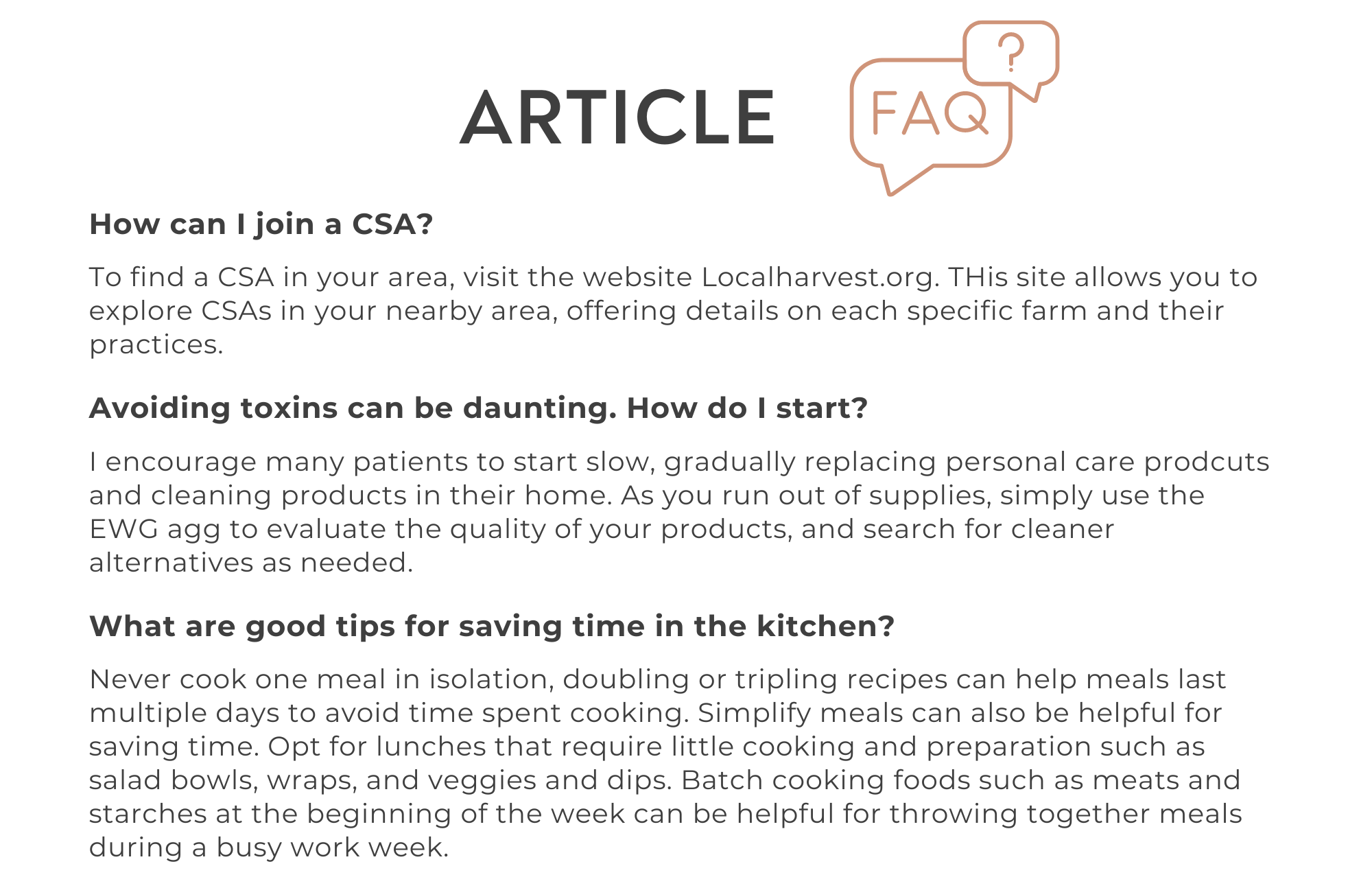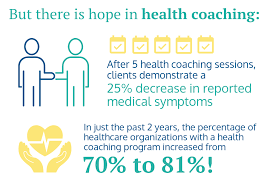

 919-999-0831
919-999-0831




Erica Nelson, MSPH, NBC-HWC

Here, at Carolina Total Wellness, we often recommend dietary adjustments to treat a wide variety of symptoms. Many of our patients come to us for guidance, asking ‘What is the healthiest diet?’ And the truth is, the ‘healthiest diet’ is unique to the person eating it.
One patient may get itchy and congested when they eat and need to reduce or eliminate foods that may increase or contain histamines like leftovers and peanuts. Another patient may have intestinal permeability and need to eliminate identified sensitives to gluten, oats and eggs. Yet another may be concerned about their family history of Alzheimer’s disease or cancer and need to make a variety of other adjustments.
Regardless of health status and dietary needs, most of us prefer sharing meals with our friends, family and coworkers over dining alone. Sometimes even a simple lunch can be a source of concern when a well-meaning aunt or friend asks about your ‘crazy diet.’
Over and over again, patients tell me that eating with their families is a barrier to successfully making the adjustments necessary to improve their health. Here are some strategies to enjoy eating the food that nourishes your body with the people that nourish your soul (and even some people that don’t):
Know your why. Get clear on why you are making the changes. And practice your responses ahead of time. When you know exactly what you are trying to accomplish with your food, it is easier to make good choices and much harder for someone else to convince you otherwise.
Have a short ‘elevator pitch’ prepared. Something like, ‘I wasn’t feeling my best recently and, after talking to my doctor, I am focused on eating foods that nourish my body and soul like (name a few key foods you’re enjoying eating.)’ And then mention a positive outcome like. ‘You wouldn’t believe how much better I am sleeping!’
Have at least one person fully in your corner. As part of your preparation for making these changes, make sure you talk to a trusted friend or partner that will be your support-person when the going gets tough. No matter how committed you are to health changes, there will be days when you don’t get enough rest or you have a bad day at the office. On these days, even strong-willed, prepared ‘you’ can have a tough time remembering your ‘why’ and the ‘Can’t you have just one bite?’ question may be coming from inside your own head. On these days, call this person and tell them that you are considering deviating from your plan.
Project confidence. Add a big smile to your ‘No thank you’ and you’re less likely to get pushback or hear ‘Can’t you have just one?’ Know your restaurant order before you go and say it confidently. ‘I’ll have the burger, no bun, no cheese, extra lettuce and the spinach salad on the side, please.’
“Girl (or boy,) stop apologizing.” Rachel Hollis made this phrase famous with her book by the same name. She was right, though. There is no need to apologize for doing what is right for your health and/or sanity. Try replacing ‘I’m sorry’ with ‘Thank you.’ For example, instead of ‘I’m sorry to inconvenience you,’ try ‘Thank you for accommodating for my gluten/dairy/egg/sugar sensitivity.’
Boundaries. Some people have no trouble with the sentence ‘no.’ But for many, it is easier to please the people around you and silently suffer your own consequences later. This can be exhausting and lead to difficulty knowing what you wanted in the first place. Know where your line is and don’t let anyone tempt you to cross it. Remember that everything you say ‘yes’ to is a ‘no’ to something else.
It is okay to make inappropriate people uncomfortable. If, for example, someone makes a comment about your body composition or fertility, it is not only okay to make them uncomfortable, but also brave and good. Saying ‘That’s inappropriate’ could keep them from bestowing their judgement on another undeserving person.
The health coaches at Carolina Total Wellness are here to support you in your personalized health care journey.
Your Partner In Health,
Erica Nelson, MSPH, NBC-HWC

Erica Nelson, MSPH, NBC-HWC

The legendary basketball coach, John Wooden once said, “A good coach can change a game. A great coach can change a life.” At Carolina Total Wellness, our coaches help our patients change their lives every day.Every patient at Carolina Total Wellness that sees a doctor or physician assistant is paired with a health coach. Some patients may also choose to work solely with a health coach to achieve their dietary and lifestyle goals. This article will help you know what to expect when you work with a health coach.
Here are 3 key aspects of the health coaching experience at Carolina Total Wellness:
The Space Between
Health coaches hold space for you to pause… and decide how you want to respond to your circumstances. The world today is a seemingly relentless onslaught of stimulation, and it can feel like there is an urgency to react to all of that stimulation.
George Mumford, meditation coach to Michael Jordan, LeBron James, Kobe Bryant and other world-class athletes offers another way, ‘Think about the eye of a hurricane.’ He says, ‘No matter how intense the storm or what’s swept up in its gale-force winds, that calm, blue center is always there. We all have this quiet center within us.’ Your CTW coach will help you respond from that quiet center within, rather than reacting from the chaos of the storm.
In our office, health coaches hold space for you to make sense of what is going on in your world and in your body and decide how you want to respond. Health coaches always honor the fact that you are the expert on your own life and display unconditional positive regard for you and whatever lifestyle decisions you choose. They pay attention to what matters to you and may offer suggestions for adjustments that fit into your life.
Translator
The science of the body and its systems are the physician’s expertise. Science of behavior change is the coach’s expertise. Our coaches help you translate medical science you discuss with your doctor or PA into evidence-based behavioral change strategies to optimize your health. When you combine the medical knowledge of our physicians and PA with your coach’s expertise in the science of motivation, habits, and change, many of the barriers to experiencing health fall away.
Each of the coaches at CTW has at least a bachelor’s degree from an accredited university and training in coaching from either the Functional Medicine Coaching Academy or Duke University. Some of them also have master’s degrees and other specialized training in nutrition, exercise, counseling, and other relevant fields. Unless otherwise specified, CTW coaches are not registered dietitians, licensed mental health professionals or certified fitness professionals.
Guide
In the words of Michael Jordan, ‘A coach is someone that sees beyond your limits and guides you to greatness!’ CTW coaches come to the table with empathy for whatever you are facing and feeling and confidence in your ability to overcome. Each coach has faced their own struggles in life and knows what it is like to work hard to overcome. However, coaches never replace you as the expert on you; they serve as your guide on your journey to health. Coaches can help you understand all the different ways you can try intermittent fasting or yoga or what, exactly, is ‘glycemic index.’ Maybe our most important job, though, is to help you get very clear on your vision of the healthiest version of you. Once you decide where it is you want to go, coaches provide education, support and accountability to knock down any stumbling blocks that may come up along the way.
Call us today to schedule your appointment with one of our health coaches.

Erica Nelson, MSPH, NBC-HWC
Functional medicine is a science-based health care approach to assess, prevent and treat complex chronic disease.
![]() Learn More
Learn More
After a brief allergy test, you can begin sublingual immunotherapy (SLIT), or allergy drops under the tongue. No more allergy shots!
![]() Learn More
Learn More
Learn how to prepare for your visit and what to expect at your initial consultation and at your follow-up visits with our office.
![]() Learn More
Learn More